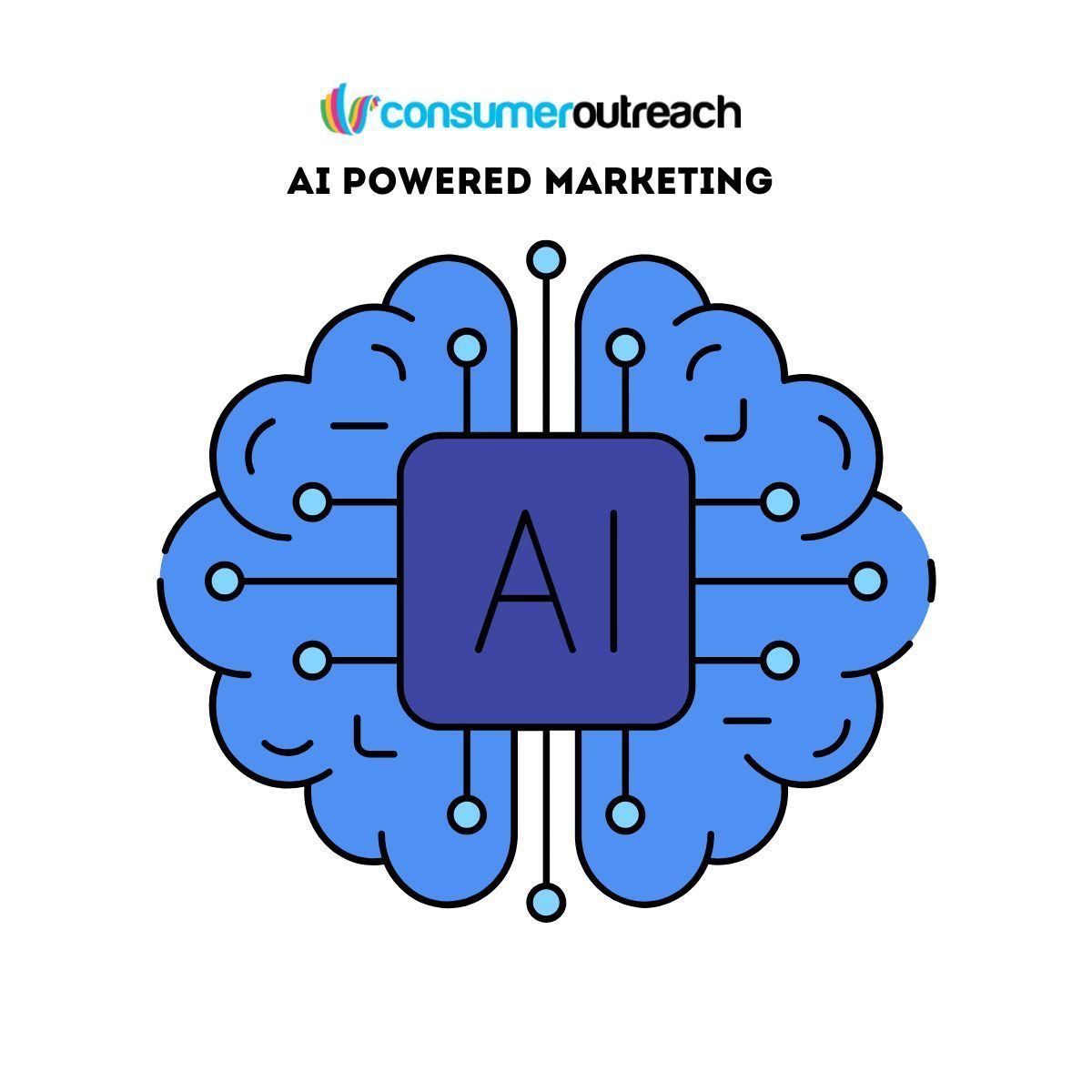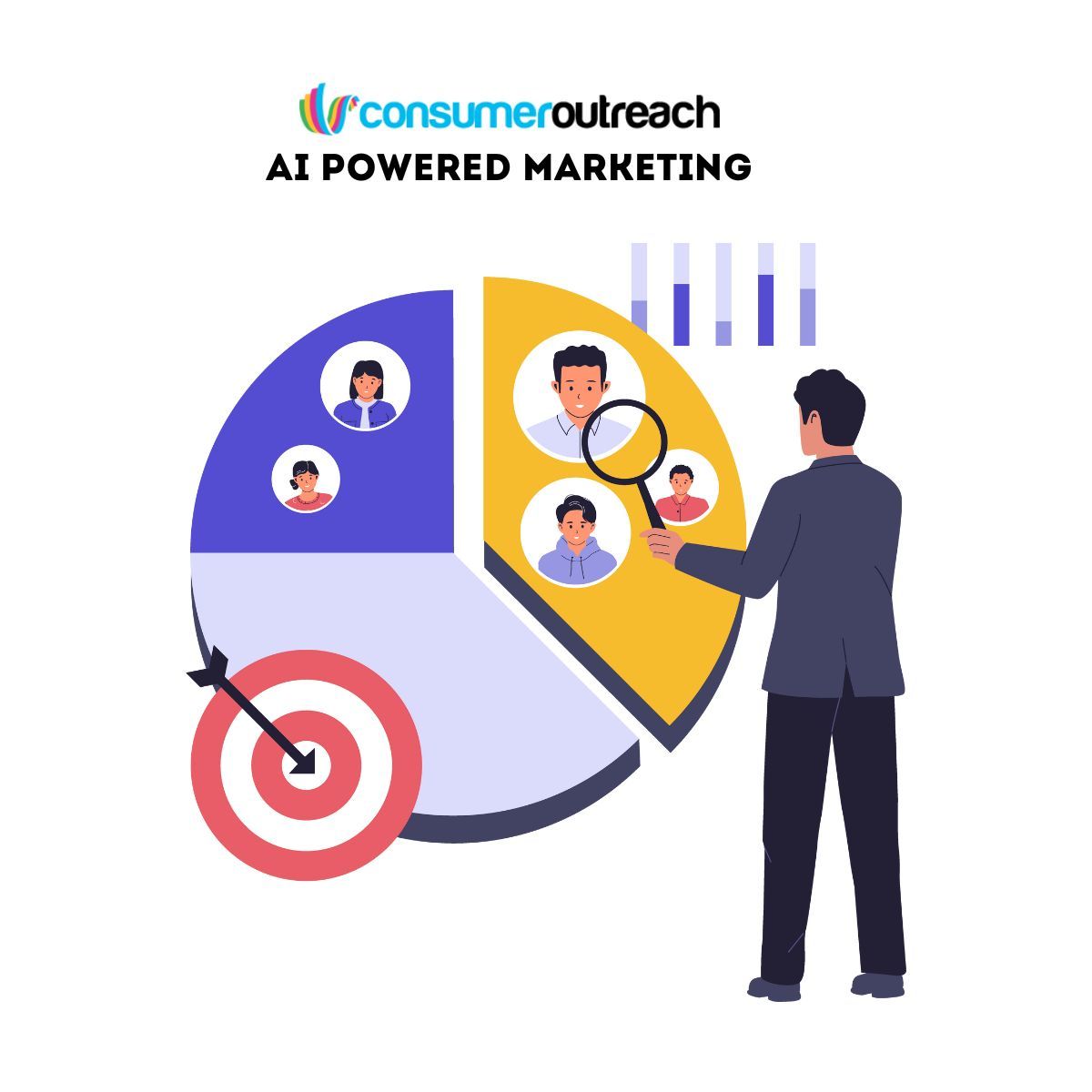Digital Marketing Strategies for Business Growth

Digital marketing is the practice of using online channels to connect with consumers and promote products or services. It encompasses various strategies and tools, including social media, search engine marketing, email campaigns, and more. Businesses that leverage digital marketing effectively can reach a wider audience, engage with customers in real time, and ultimately drive sales.
In today’s fast-paced world, relying solely on traditional marketing methods is no longer enough. Digital channels offer businesses the ability to target specific demographics and measure campaign performance in real time. This data-driven approach allows companies to refine their marketing strategies based on consumer behavior and preferences.
As companies seek to establish a strong online presence, understanding the fundamentals of digital marketing becomes crucial. From optimizing content for search engines to utilizing social media platforms, mastering these elements can significantly boost business visibility and growth.
Core Strategies of Digital Marketing
Digital marketing encompasses various strategies to maximize reach and engagement. Understanding these core strategies can help businesses effectively connect with their audience and achieve their marketing goals.
Understanding Search Engine Optimization
Search Engine Optimization (SEO) is crucial for improving a website's visibility in search engines. It involves optimizing content to rank higher for relevant keywords.
Key SEO components include:
- On-page SEO: This focuses on content quality, keyword placement, and HTML tags.
- Off-page SEO: Building backlinks from reputable sites raises domain authority.
- Technical SEO: Ensuring the website is technically sound, like fast loading times and mobile optimization.
A strong SEO strategy increases organic traffic, which enhances conversion rates and supports overall digital marketing campaigns.
Leveraging Email Marketing
Email marketing remains a powerful tool for engaging with customers. It involves sending targeted messages to a subscriber list, aiming to foster relationships and drive conversions.
Tools like Mailchimp and Email Octopus help automate this process.
Key elements of effective email marketing include:
- Segmentation: Tailoring content based on user behavior or preferences.
- Personalization: Using names and relevant offers to enhance user experience.
- Analytics: Tracking open rates and conversions to refine future campaigns.
This targeted approach can increase brand awareness and customer loyalty.
Maximizing Social Media Impact
Social media platforms are vital for reaching audiences where they spend their time. A well-executed social media strategy builds community and encourages user engagement.
Important strategies include:
- Content Creation: Sharing valuable and shareable content that resonates with followers.
- Engagement: Actively responding to comments and messages fosters a sense of community.
- Tools: Utilizing platforms like Hootsuite for scheduling and monitoring analytics.
Social media marketing not only drives traffic but also enhances brand visibility.
Approaching Content Marketing
Content marketing focuses on creating valuable content to attract and engage a specific audience. This strategy aims to drive profitable customer action through various formats such as blogs, videos, and infographics.
Key aspects include:
- Quality Content: Producing informative and relevant pieces that address audience needs.
- SEO Integration: Using keywords strategically to enhance search visibility.
- Distribution: Sharing content across multiple channels for broader reach.
Effective content marketing boosts organic traffic and builds trust with consumers.
Exploring Paid Advertising
Paid advertising, including Pay-Per-Click (PPC) campaigns, offers businesses a way to quickly gain visibility. Platforms like Google Ads allow advertisers to create targeted ads for specific keywords.
Main elements of PPC include:
- Keyword Research: Identifying keywords with high search volume and low competition.
- Ad Creation: Crafting compelling ads that encourage clicks.
- Budget Management: Setting daily budgets to control spending and maximize ROI.
PPC can generate immediate traffic and leads when executed properly.
Embracing Mobile & Video Marketing
Mobile marketing leverages the rise of mobile devices to reach customers on the go. This can include SMS campaigns, mobile apps, or responsive web design.
Key tactics include:
- Responsive Design: Ensuring websites function well on all devices.
- Location-Based Marketing: Sending targeted promotions based on user location.
Video marketing is also crucial. Videos effectively convey messages and engage viewers. Platforms like YouTube provide an excellent avenue for businesses to share visual content.
Engaging through Affiliate and Influencer Marketing
Affiliate marketing involves partnering with individuals or companies that promote products for a commission. This strategy taps into existing audiences and builds credibility.
Key features include:
- Commission Models: Paying affiliates based on sales or leads generated.
- Tracking Systems: Monitoring performance to assess which affiliates drive conversions.
Influencer marketing focuses on leveraging individuals with large followings to build brand awareness. Collaborating with influencers can significantly expand reach and enhance trust among consumers.
Data-Driven Marketing and Optimization
Data-driven marketing focuses on using consumer data and analytics to improve marketing strategies. This approach enables businesses to enhance customer engagement and tailor marketing tactics effectively, leading to better results.
Harnessing the Power of Analytics
Analytics are essential for shaping effective digital marketing strategies. Tools like Google Analytics provide insights into website traffic, helping marketers understand visitor behaviors. By analyzing key performance indicators (KPIs) such as click-through rates and conversions, businesses can determine what tactics work best.
Marketers can utilize web analytics to track user journeys and identify trends. This data-driven approach assists them in refining their marketing strategies, ultimately leading to improved engagement and higher conversion rates. The ability to quickly adapt to insights helps maintain a competitive edge.
Targeting and Personalization Strategies
Targeting the right audience is vital for any successful digital marketing strategy. Marketers must leverage consumer data to create personalized experiences. This can include customized email campaigns and targeted advertisements based on demographics and buying behavior.
By utilizing marketing tactics such as display advertising and native advertising, businesses can connect more effectively with potential customers. A well-executed targeting strategy enhances customer loyalty and retention, driving repeat business in both B2B and B2C contexts.
Understanding E-Commerce Dynamics
In the rapidly evolving world of e-commerce, understanding consumer behavior is key. Marketers should analyze data from various online platforms to gain insights into purchase patterns and preferences. This data-driven approach enables the creation of effective website marketing strategies.
Strategies like streamlined checkout processes and personalized product recommendations can significantly improve consumer engagement. In addition, analyzing sales trends helps businesses adapt their offerings and marketing tactics to meet changing consumer needs, enhancing overall profitability.
Adopting Marketing Automation Tools
Marketing automation is a powerful way to improve efficiency and engagement in digital marketing. Tools like HubSpot allow businesses to automate repetitive tasks, such as email campaigns and social media posts, saving time and resources.
These digital marketing tools also enable marketers to segment their audiences more effectively. They can deliver targeted messages to potential customers at the right time, increasing the likelihood of conversion. By tracking performance metrics, marketers can continuously refine their strategies for maximum impact.
Frequently Asked Questions
Digital marketing covers a wide area with various strategies and tools aimed at enhancing online visibility and engagement. The following questions address specific strategies, educational opportunities, agency roles, and career paths in digital marketing.
What are the key strategies in content marketing?
Content marketing focuses on creating and sharing valuable content to attract an audience. Key strategies include SEO optimization, blog writing, social media engagement, and email marketing. Each of these helps in building brand awareness and establishing authority in a particular niche.
How can digital marketing products enhance my online presence?
Digital marketing products, like SEO tools, social media management software, and email marketing platforms, can significantly boost online visibility. These tools help businesses target specific audiences efficiently. They also provide analytics to measure effectiveness, allowing for data-driven decisions to improve campaigns.
What should I look for in a good digital marketing course?
A quality digital marketing course should cover essential topics like SEO, PPC, social media strategy, and analytics. It is important for the course to offer hands-on projects and access to current marketing tools. Additionally, accreditation and reviews from past students can indicate the course's value.
How do digital marketing agencies drive results for their clients?
Digital marketing agencies utilize various strategies tailored to each client’s goals. They analyze data to develop targeted campaigns using SEO, social media, content marketing, and paid advertising. Their expertise allows them to optimize strategies continuously for better results.
What are the potential career paths and salary expectations in digital marketing?
Career paths in digital marketing include roles like SEO specialist, content strategist, social media manager, and digital marketing analyst. Salaries can vary widely based on experience and location, ranging from entry-level positions to high-level management roles.
What steps should a beginner take to successfully dive into digital marketing?
Beginners should start by learning the basic concepts of digital marketing through online courses and resources. Gaining practical experience through internships or personal projects is vital. Networking and staying updated with trends can also provide valuable insights to develop a successful career.










